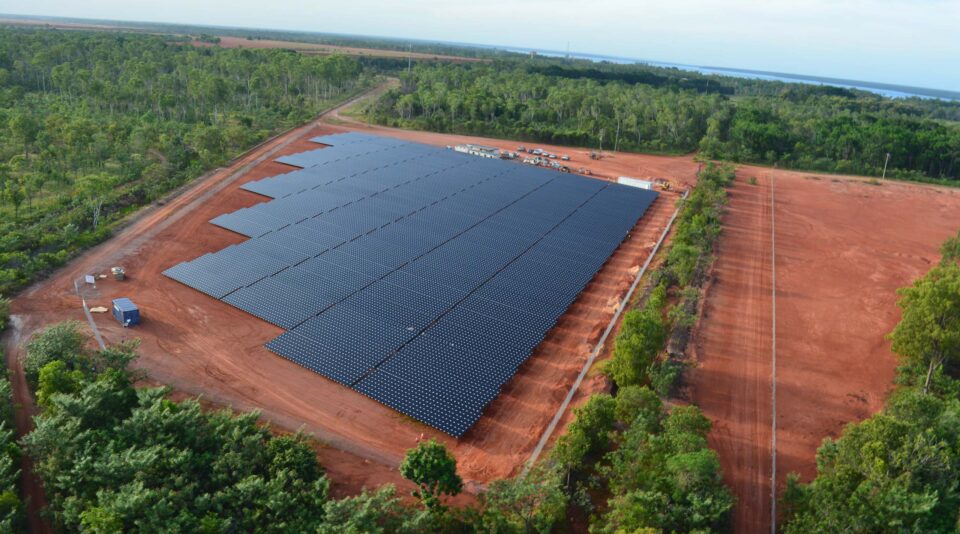Sustainability

Bauxite is a critical ore for aluminum production worldwide and is of paramount importance as a primary raw material. However, increased industrialization and consumption have brought the environmental and social impacts of bauxite mining into sharper focus. Consequently, sustainability in bauxite production has become not only a growing concern but also a fundamental necessity from both environmental and economic perspectives.
Bauxite is the main source of aluminum—an essential material that supports infrastructure, transportation, packaging, renewable energy technologies, and digital communication. Given its widespread use, ensuring that this valuable resource remains available for future generations is only possible through sustainable mining practices.
Sustainable bauxite production involves minimizing environmental degradation, protecting biodiversity, reducing greenhouse gas emissions, conserving water and energy, and ensuring the fair treatment of local communities. Land rehabilitation, responsible waste management, and community engagement are now central to modern mining operations.
Moreover, sustainability in bauxite is not limited to the mining process alone. It requires a life-cycle approach that includes refining, smelting, recycling, and circular economy initiatives. Efficient recycling of aluminum, which requires only a fraction of the energy used in primary production, plays a crucial role in reducing reliance on newly mined bauxite.
The issue of bauxite and sustainability is not solely a responsibility of the mining sector. It demands the active participation of industries, governments, regulatory bodies, and consumers alike. Policy support, technological innovation, and increased awareness are all key components in building a sustainable future for bauxite and the aluminum industry at large.